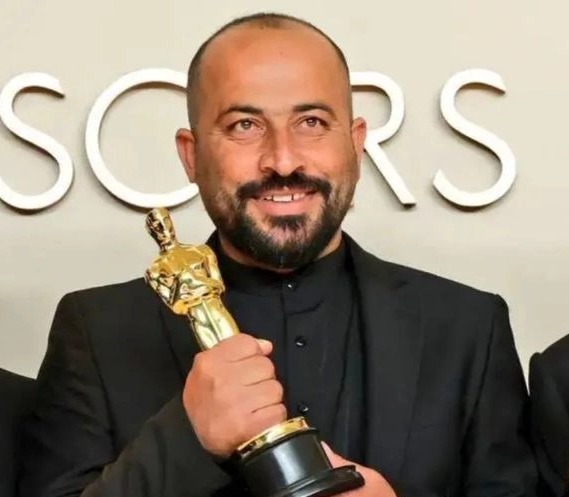
A few minutes ago, Hamdan Ballal, the Palestinian filmmaker and co-director of the Oscar-winning documentary No Other Land, was released after spending the night in a military base. The film’s co-director and Ballal’s friend, Yuval Abraham, posted on his X account today that Blalla was about to return home to his family.
He was arrested this Monday by Israeli soldiers in the West Bank at his home in the Susya settlement following an incident in which residents, including Israelis, threw stones at his house. Ballal said that soldiers beat him up during the arrest, which was recorded.
The journey to secure the filmmaker’s release was not easy. Various NGOs have spoken out since the news of his arrest broke on Monday evening, March 24. The Israeli group Center for Jewish Nonviolence and his colleague and co-director of the documentary, Yuval Abraham, were the first to denounce the incident. Expressions of solidarity from institutions and individuals related to the film industry were immediate.
A few hours ago, the Mexican Academy of Cinematographic Arts and Sciences published a statement on its Instagram account expressing its solidarity with the Palestinian filmmaker.
Likewise, a person named Lee Hirsch, on behalf of the “global film community,” started a Change.org petition calling for the Palestinian filmmaker’s release. As of 12 noon ET on Tuesday, March 25, had 7,793 verified signatures.
In addition to the Oscar, No Other Land has won awards such as the ARTE and BAFTA European Film Awards for Best Documentary.
Related: Palacio de Bellas Artes opens its doors for the first time to Indigenous languages